Disclaimer: This article contains graphic images. Reader’s discretion is advised.
Animals have been abused and tortured at the hands of human beings for their entertainment for so long now that people don’t seem to find it unethical in any way.
To top that, some countries have cruel ‘animal activities’ in the name of tourism which further increase the demand for these said animals. One of such nations is Thailand; known for its ‘domesticated’ tigers and elephants.
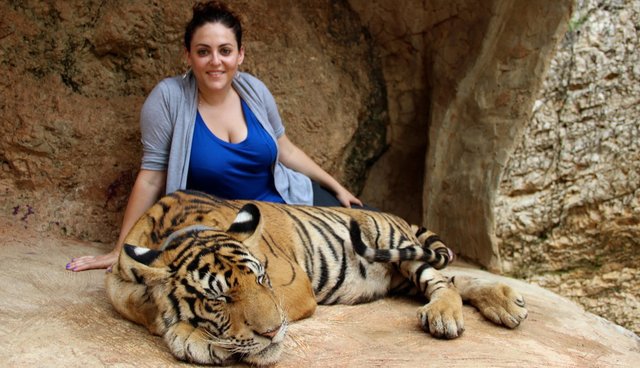
Reportedly, there are about 4000 domesticated elephants in Thailand, most of which are abused and tortured to work in the tourism industry.
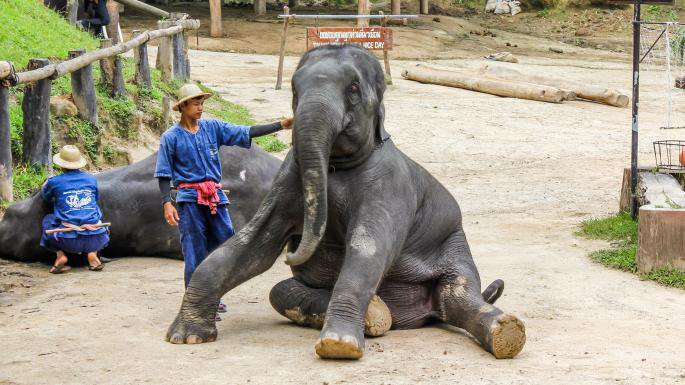
So, while tourists dream of having that perfect selfie with their loved one on an elephant’s back, they’re completely unaware and ignorant of the torture that poor animal is put through every day of its life.
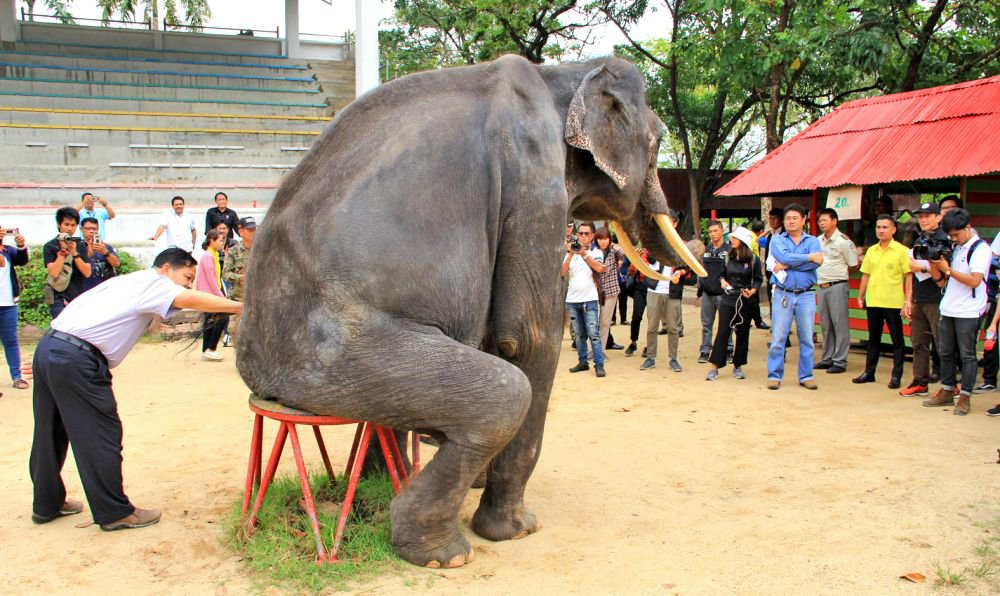
In fact, recently a baby elephant collapsed in Thailand while being tied to its mother who had tourists riding her back. The baby was seen rolling on the floor due to fatigue and this just raises concerns over the fact that there’s so much unregulated elephant tourism in the country.
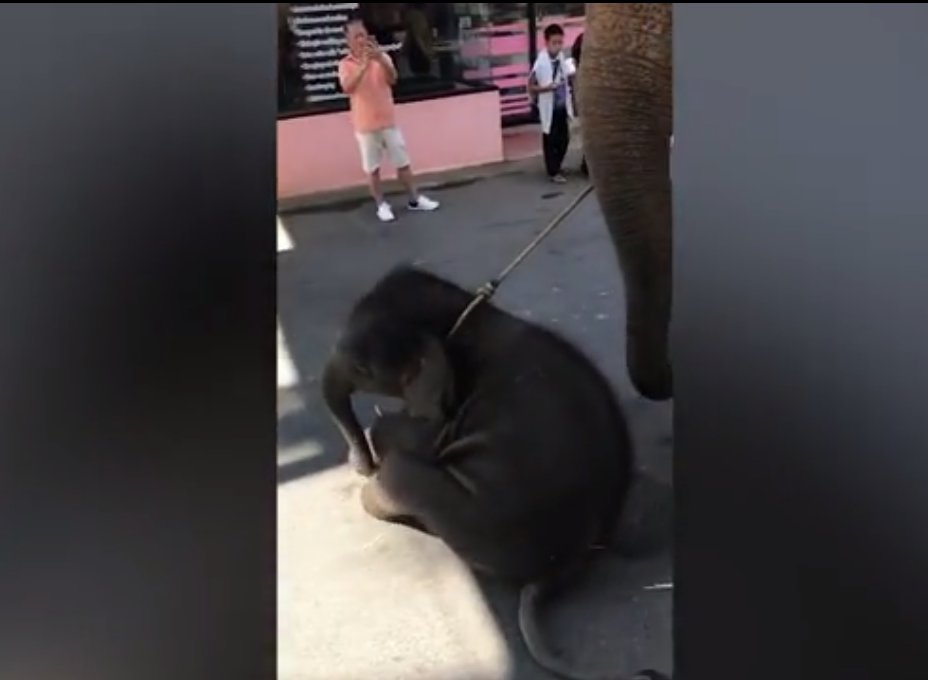
Elephants are wild animals, they’re meant to live in the wild. What these tourists don’t realise that being so submissive to human beings is not their natural state of mind and they have to endure endless torture at the hands of their ‘caretakers’.
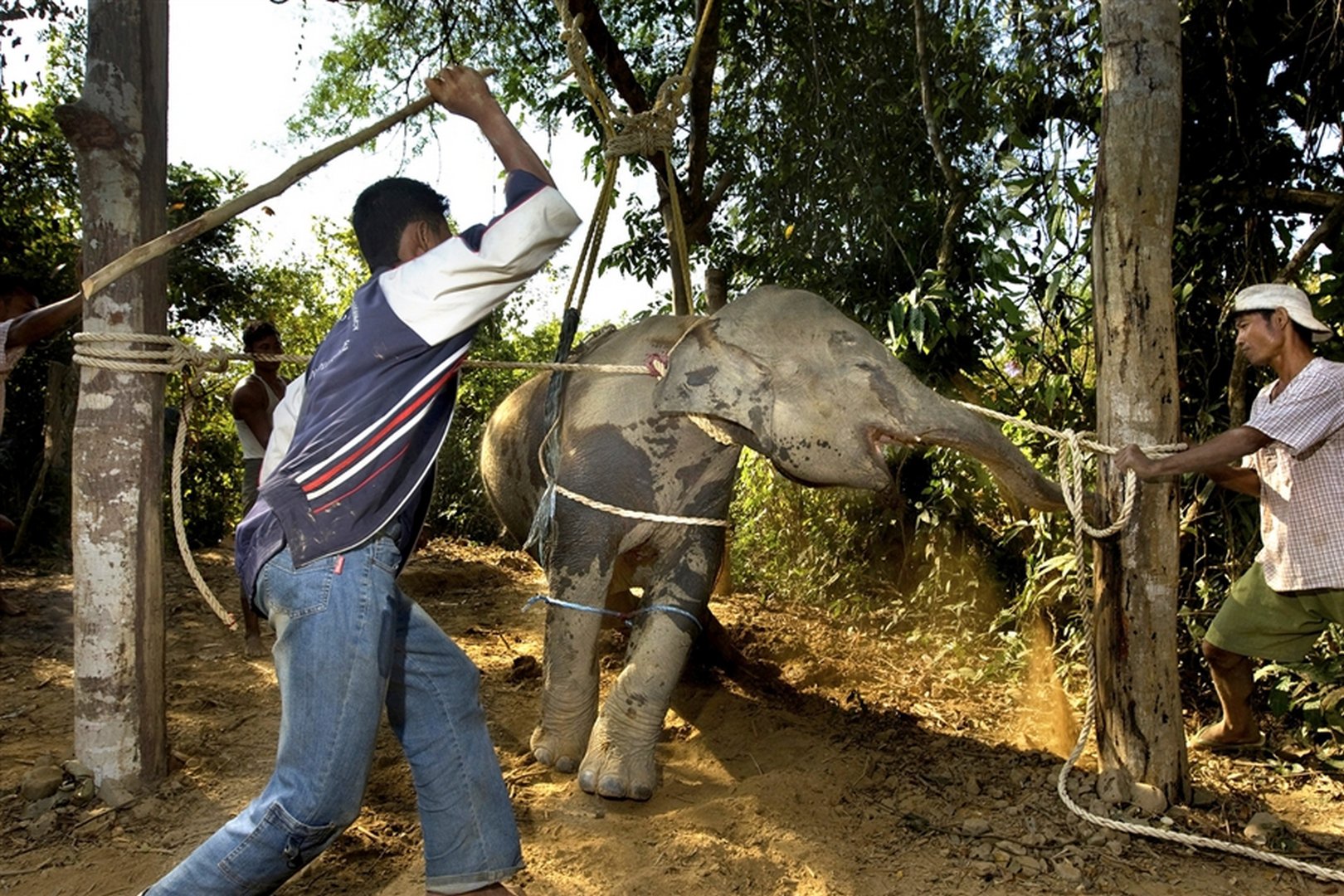
We’ve all heard of the infamous Tiger Temple controversy in 2016 when wildlife officials confiscated 137 tigers and found carcasses of 40 cubs stored in freezers along with another 20 cubs in floating in formaldehyde jars, the tiger industry in Thailand is peaking.
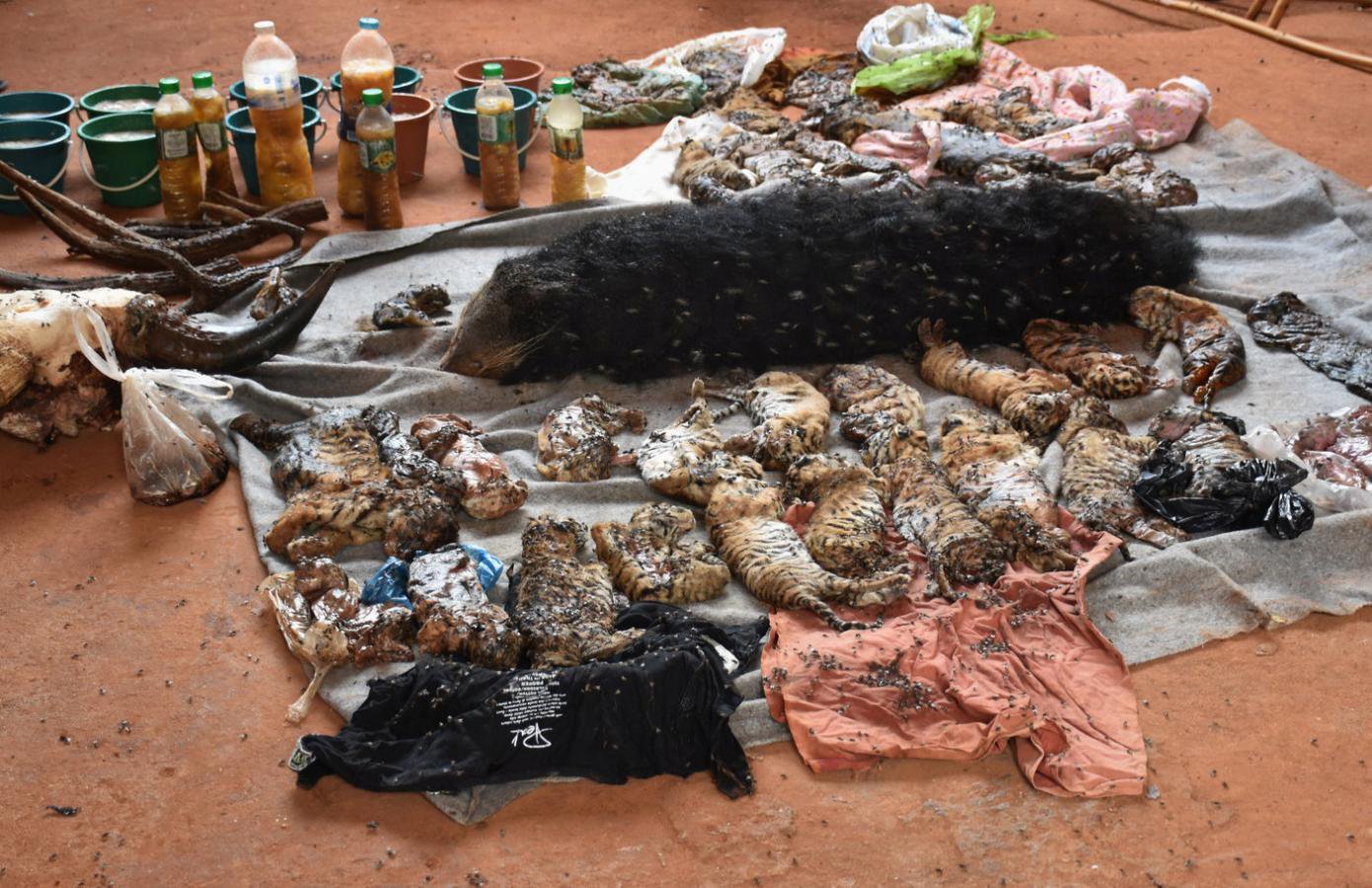
You’d be lying if you said you’ve never come across a picture of a person ‘hanging out’ with a tiger. First things first, tigers are wild animals, and very dangerous ones at that. You’re not supposed to just ‘chill’ with them. They’re not meant for selfies to be uploaded to your Tinder profile to make you look like a cool ‘adventurer’.
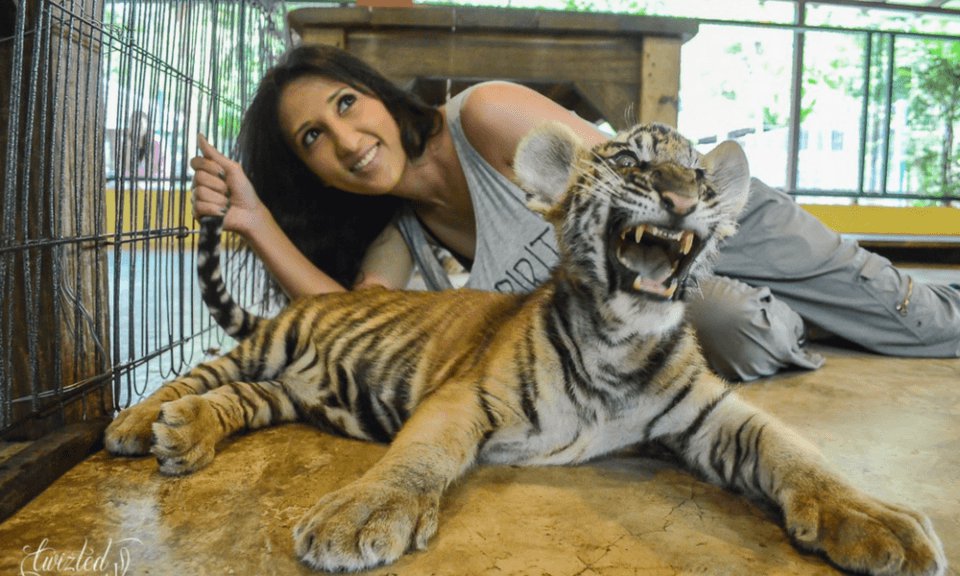
The big cats are abused to the point that it’s heartbreaking to say the least. Being beaten senseless by their handlers to break their spirits is only the beginning. Declawing and sedating them is a part of the whole process just so tourists can get their pictures clicked for as cheap as a pint of beer.
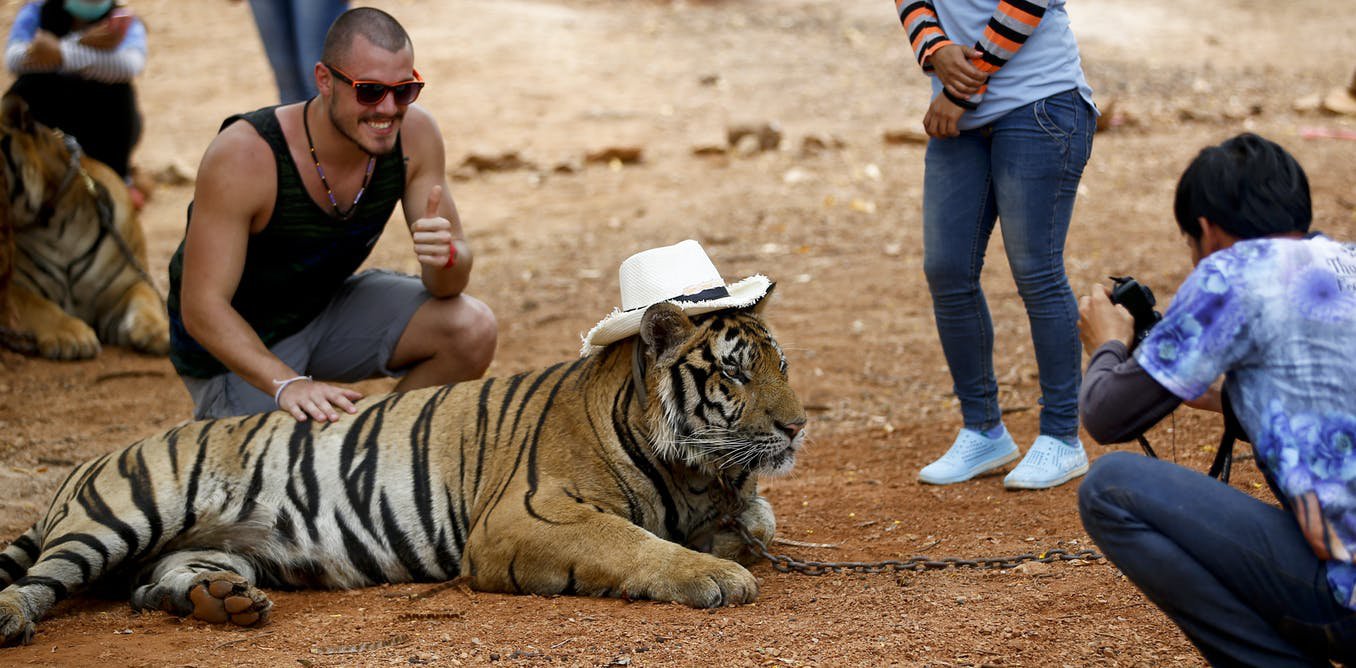
Animals activists have been fighting this battle for a long time now but that doesn’t stop tourists from visiting these places. Take the Sriracha Tiger Zoo for example: You can pay a few dollars and get a picture clicked while bottle-feeding a tiger cub.
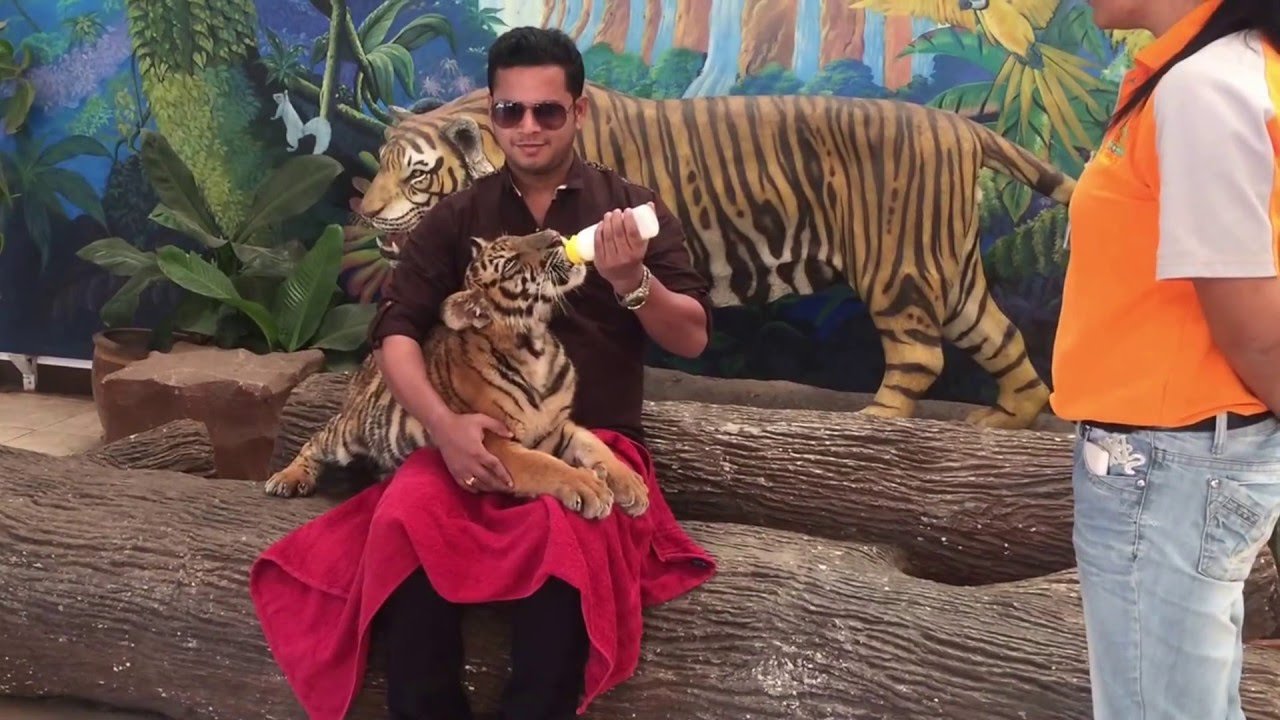
Another place, Tiger Kingdom in Phuket lets you click pictures with tigers and their cost is based on the animals’ size. You’re even free to touch the tigers under the supervision of a tiger-keeper.
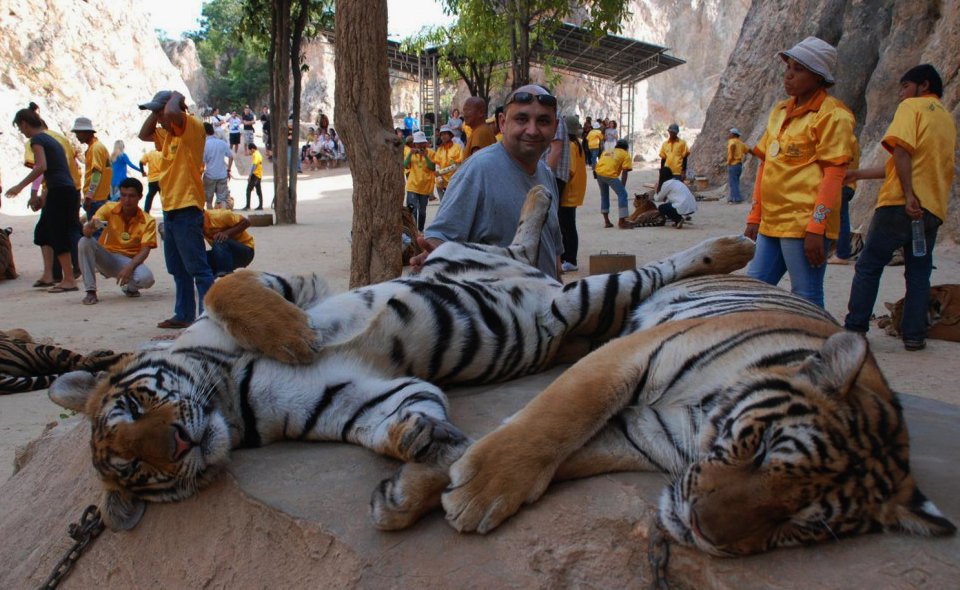
World Animal Protection, an organisation did a study on the Thai tiger tourism industry which revealed that around 830 tigers were kept captive in entertainment venues around the country.

Reportedly, cubs are kept on a bottle for way too long to keep them artificially small and once they grow up, they’re either sold for breeding purposes or euthanised, unless a sanctuary steps in.
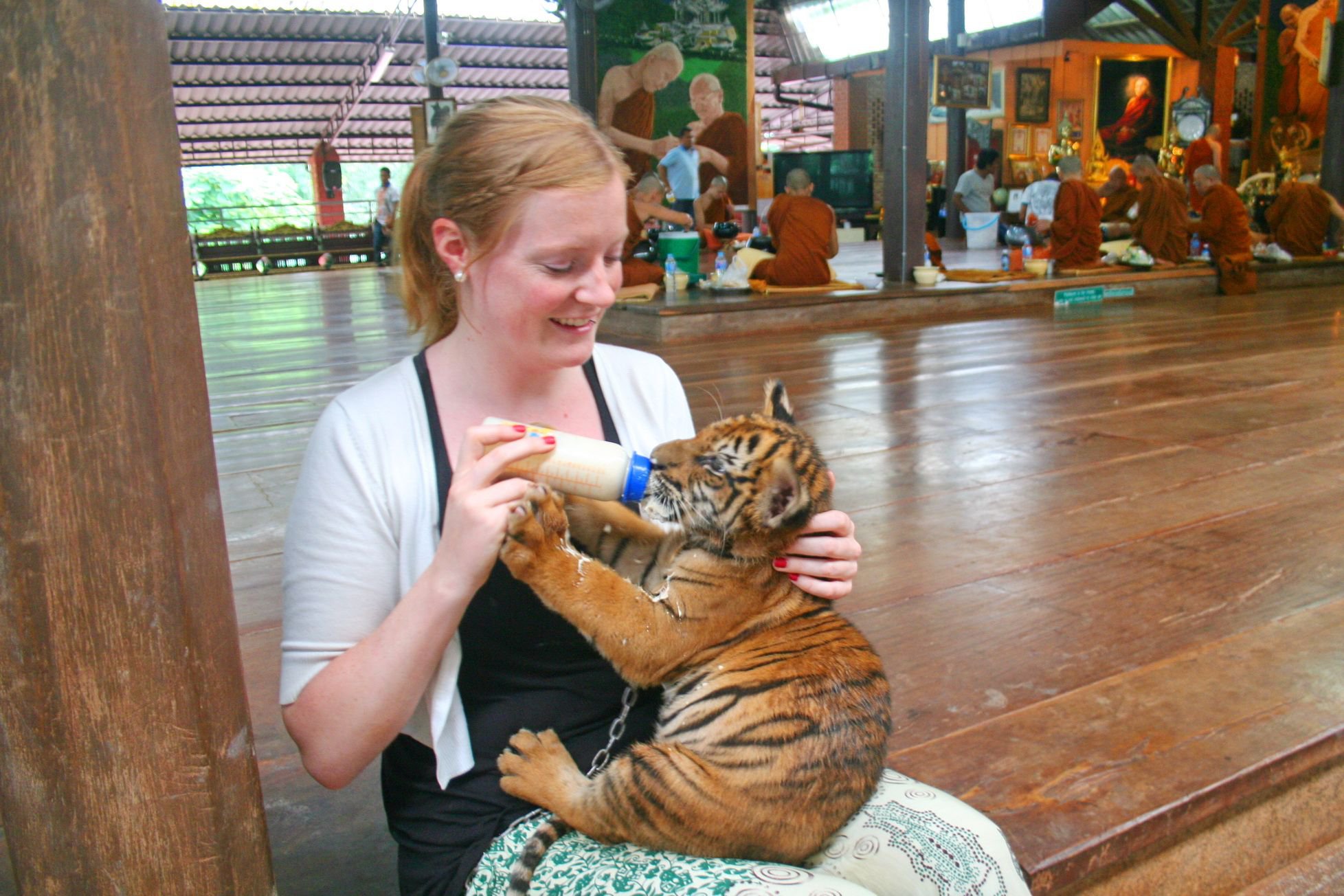
The blame is entirely on our demand for wildlife tourism which further lets people economise wildlife animals. This leads to more and more animals to be kept in captivity in horrifying conditions so that they’re at their most sober behaviour which is not how they should be.

















